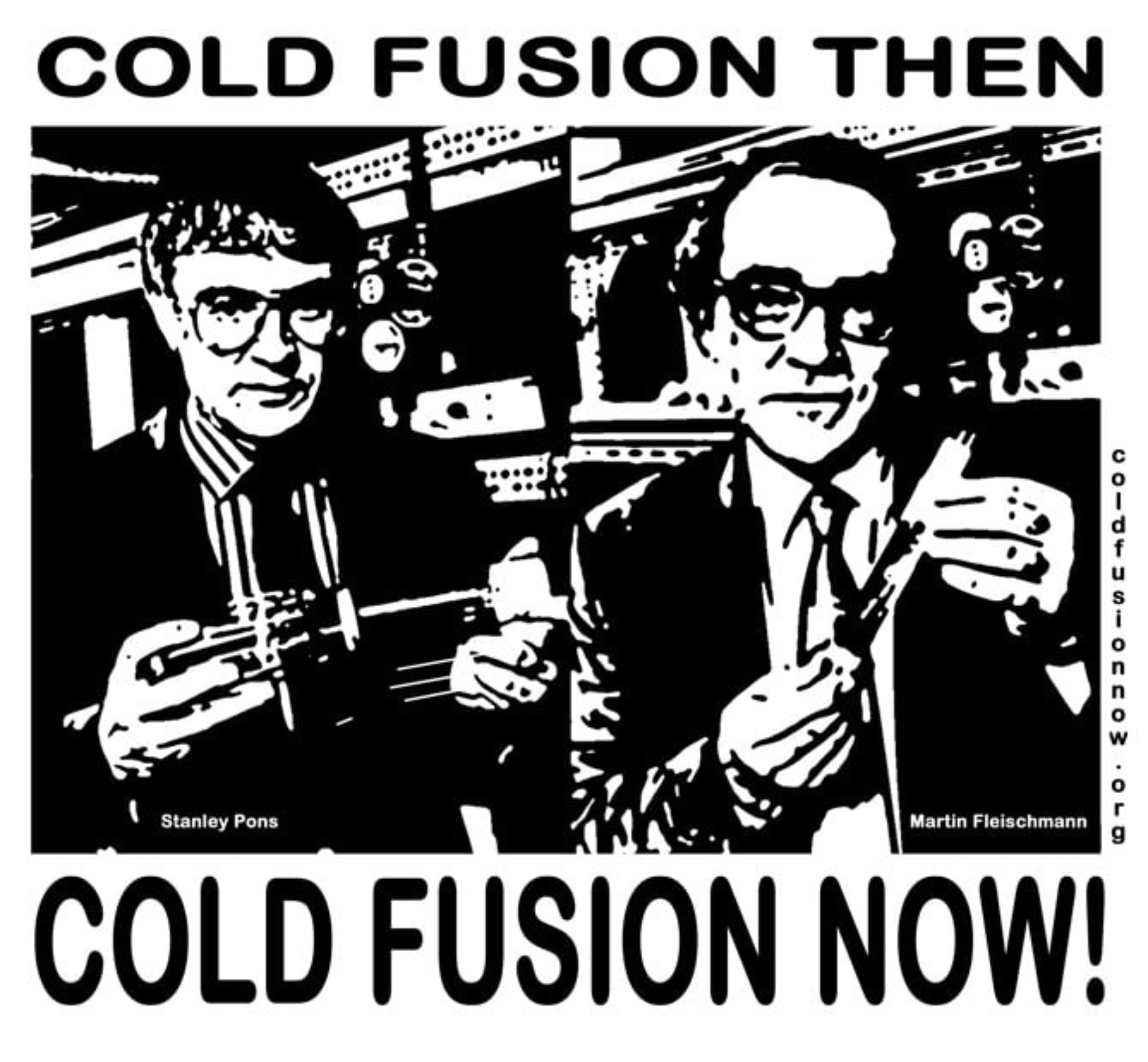Why is LENR research so important?
Because the world energy outlook portends decreased oil supplies in the near future. In fact, the International Energy Agency has finally publicly accepted the Peak scenario for conventional oil, and now claims it already happened in 2006.
What this means is that the easy oil has been found, and what remains in the ground is more difficult to retrieve, more dangerous to extract, and more expensive to process.
Think of deepwater oil and the BP catastrophe. Think of tar sands and oil shale and the tremendous ecological devastation wrought in its extraction, including the enormous amount of water needed to process this unconventional oil.
Here’s a graph from the annual World Energy Outlook 2010 published recently by the International Energy Agency.
 Chris Martenson, of Energybulletin.net has written a summary of the implications of this report that is sobering and well worth reading.
Chris Martenson, of Energybulletin.net has written a summary of the implications of this report that is sobering and well worth reading.
Alternative energies are standing by, ready to replace what we get from oil, you say? Not so fast. There is no amount of renewable energy that will replace the energy density of petroleum, gas, and coal.
This article by Roger Adair How sustainable is renewable energy?, published on www.energybulletin.net tells a personal story of his experience in the wind energy business in Ireland, Scotland, and England.
The amount of deuterium in one gallon of water is equivalent to the energy of 300 gallons of gasoline. (read Department of Energy What is fusion? which describes the hot fusion process.) This is the kind of energy density that will power global mass transportation systems, allow manufacturing of high-technology materials and goods, and send humans to space, and beyond.
This is the kind of clean, atomic power that the new energy movement reveals can lead Earth in an evolution of human society, and as McLuhan said, “program our environment” with care, and in service to all living things.
As access to oil becomes increasingly difficult, the entire infrastructure that petroleum built will fall away, for each technology creates an entire landscape of services and disservices. The world that petro-dollars created will dissolve in direct proportion as the fuel disappears, and this means more than no filling stations for your car.
Your job, your home, your school, your food, your fun, your clothes, your Facebook page – our lives are cradled in a world that is slipping away. We cannot continue to live the way we do, and we don’t want to. But if cold fusion scientists cannot get this technology developed, it’s hard times for planet Earth for years, and possibly decades, to come.
Every effort must be made to get the basic science of low-energy nuclear reactions understood and online. Only then can private investment come in to design and engineer new forms of energy devices with the power to fuel a new type human civilization, where ecological wisdom is fundamental to all processes.
What can you do?
Jan Marwan told us:
“Start talking wherever you are, in your family, at work, when you’re in governmental institutions, start talking. The more you talk about this topic, the more you raise it, the more you involve other people, …you know… it spread’s like a virus!”
Cold Fusion Now!
